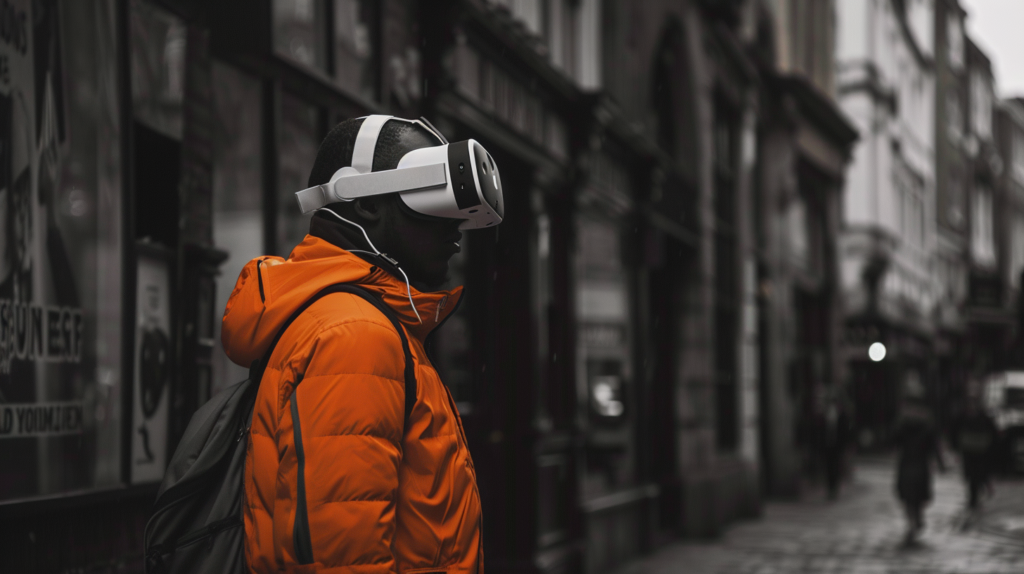Apple’s Vision Pro mixed reality headset faced production cuts post-launch, but the tech giant looks towards introducing generative AI tools to enhance its features and cater to diverse business sectors.
Apple Vision Pro: From Launch to Future Horizons
Apple’s Vision Pro mixed reality headset officially launched in Los Angeles, California, on February 2, 2024. Unveiled a year earlier, the device enters an extended reality (XR) market that encompasses augmented, virtual, and mixed reality technologies. Despite high expectations, the Vision Pro has faced production cuts, with analyst Ming Chi-Kuo reporting a reduction from 700,000 to 400,000 units annually.
Apple is expected to announce generative AI tools for the Vision Pro at its Worldwide Developers Conference in Cupertino, California, starting June 10, 2024. This technology is anticipated to enhance the headset’s features, potentially increasing its appeal to businesses in education, medical fields, and other sectors. Experts suggest that generative AI could enable real-time language translation, personalized fitness plans, and more intuitive virtual assistants.
AI Technology for Grieving
Berlin-based Michael Bommer, diagnosed with terminal colon cancer, partnered with Eternos to create an AI version of himself. Launched by CEO Robert LoCascio, the platform offers an interactive and comprehensive AI model of Bommer, allowing family members to engage with his life experiences and insights posthumously.
Eternos is part of a broader trend in AI-driven grief technology, which includes companies like StoryFile and HereAfter AI. These platforms allow users to interact with pre-recorded content, creating personalized, interactive dialogues with deceased loved ones.
While some find comfort in this technology, experts express concerns about the ethical implications and the potential impact on the grieving process. Researchers from Cambridge University highlight the need for further investigation into the long-term effects of these digital simulations.










